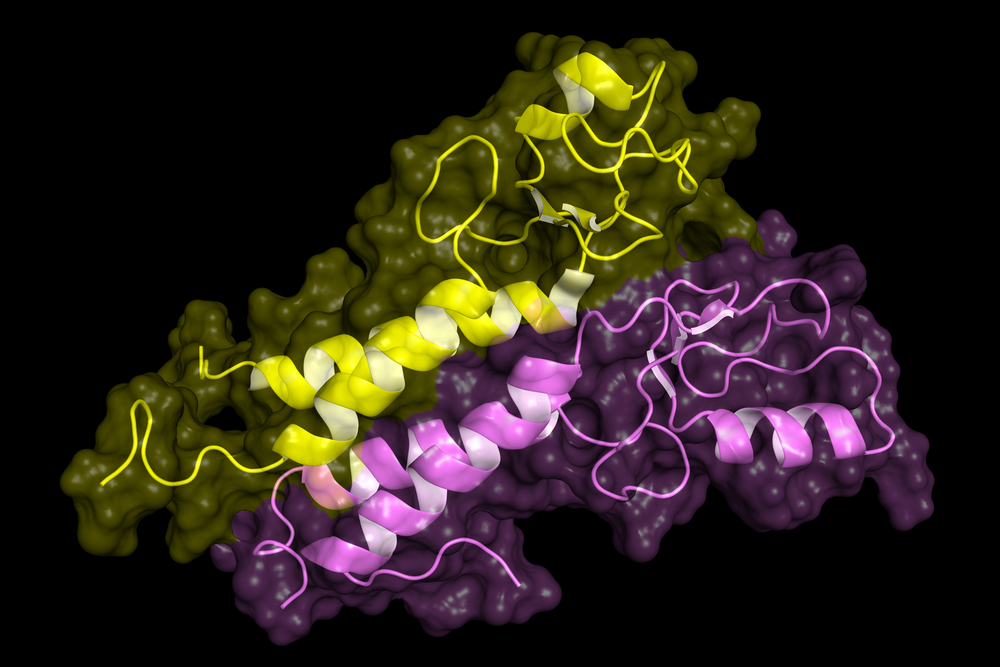Health
Breast cancer may return even years after treatment: study

The new data suggested that women with ER-positive breast cancer should at least consider taking anti-estrogen therapy beyond five years, the researchers said. (Shutterstock photo)
WASHINGTON — Women with a type of breast cancer fueled by estrogen still face a substantial risk of cancer returning or spreading, even 15 years after they finished standard treatment for the disease, a new study said Wednesday.
Researchers from an international collaboration known as the Early Breast Cancer Trialists’ Collaborative Group analyzed data from 88 clinical trials involving 62,923 women with estrogen receptor-positive, or ER-positive, breast cancer.
All the patients received standard treatment involving tamoxifen and aromatase inhibitors for five years and were free of cancer when they stopped therapy.
Over the next 15 years, however, a steady number of these women saw their cancer spread throughout the body, as late as 20 years after the initial diagnosis, according to the study published in the New England Journal of Medicine.
The highest risk of recurrence appeared to be for those with originally large tumors and cancer that had spread to four or more lymph nodes.
These women had a 40 percent risk of a distant cancer recurrence over the next 15 years, said the study.
Women with small, low-grade cancers and no spread to the lymph nodes had a much lower 10 percent risk of cancer spreading distantly during the following 15 years.
It is remarkable that breast cancer can remain dormant for so long and then spread many years later with this risk remaining the same year after year,” Hongchao Pan, lead author from the University of Oxford, said in a statement.
The new data suggested that women with ER-positive breast cancer should at least consider taking anti-estrogen therapy beyond five years, the researchers said.
Doctors have long known that five years of tamoxifen reduces recurrence by approximately half during treatment, and by nearly a third over the next five years.
Aromatase inhibitors, which work only in post-menopausal women, are even more effective than tamoxifen at reducing recurrence and death from breast cancer.
Newer studies have suggested an additional five years of endocrine therapy is even more effective, sparking the question of whether every woman should continue on this therapy for 10 years.
Life-threatening side effects are rare with these therapies, but they can impact patients’ quality of life.
Side effects mimic menopausal symptoms, such as hot flashes or vaginal dryness, and aromatase inhibitors can cause osteoporosis, joint pain or carpal tunnel syndrome.





















